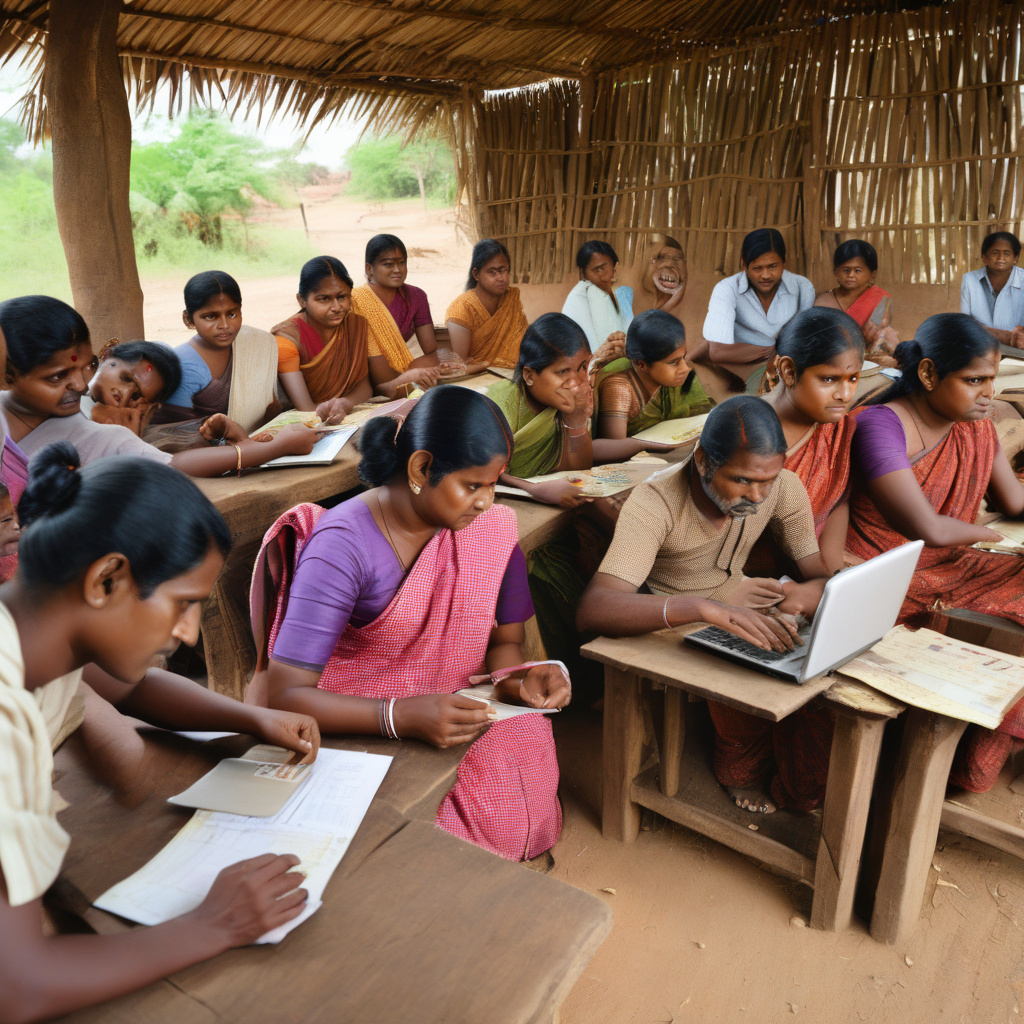Data Labelling Revolutionizes Rural Economies in Tamil Nadu
In recent years, the concept of cloud farming has been making waves in rural communities across Tamil Nadu. This innovative approach not only revolutionizes traditional farming methods but also brings about a significant transformation in the local economy. One of the key impacts of cloud farming is the creation of digital careers in rural areas, which in turn, helps in reducing migration to big cities.
Cloud farming, also known as digital farming or smart farming, involves the use of advanced technologies such as data analytics, Internet of Things (IoT), and artificial intelligence to optimize agricultural practices. By leveraging these tools, farmers can monitor and manage their crops more effectively, leading to higher yields and better quality produce.
One crucial aspect of cloud farming is data labelling, which plays a vital role in training machine learning models to recognize patterns and make accurate predictions. Data labelling involves annotating raw data such as images, text, or videos to provide context and make it understandable for machines. In the context of agriculture, data labelling can help in identifying crop diseases, pest infestations, soil health issues, and other factors that affect farm productivity.
The implementation of data labelling in cloud farming has opened up new opportunities for the rural population in Tamil Nadu. Local farmers, who were once limited to traditional farming practices, can now acquire digital skills and work as data annotators or analysts for agrotech companies. This not only provides them with alternative sources of income but also empowers them with valuable technical knowledge that is in high demand in today’s digital economy.
Moreover, the availability of digital careers in rural areas has a direct impact on reducing the trend of migration to big cities. Historically, many young individuals from rural communities in Tamil Nadu have been forced to move to urban centers in search of better job prospects. However, with the rise of cloud farming and digital opportunities in their own backyard, the need to migrate to cities for employment diminishes significantly.
By staying in their rural communities and pursuing digital careers in agriculture, the local workforce contributes to the economic development of the region while preserving the traditional way of life. This not only fosters a sense of pride and belonging among the rural population but also helps in bridging the urban-rural divide by bringing technological advancements to the grassroots level.
In conclusion, the integration of data labelling in cloud farming is reshaping the economic landscape of rural Tamil Nadu. By creating digital careers and fostering technological innovation in agriculture, cloud farming not only boosts farm productivity but also empowers local communities to thrive in the digital age. As we witness this transformation taking place, it becomes evident that the future of agriculture lies in the hands of those who are willing to embrace technological advancements and leverage data-driven solutions for sustainable growth.
data labelling, cloud farming, rural economies, Tamil Nadu, digital careers
